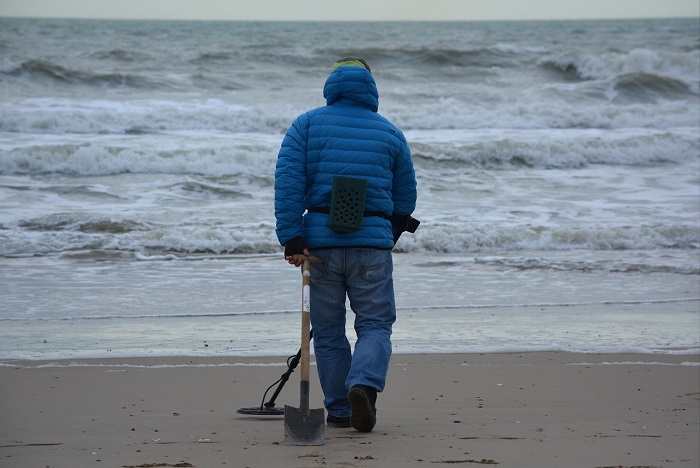Are you thinking about diving into the world of metal detecting? Before you invest in a detector, you might want to clear up some common myths that could steer you in the wrong direction. Metal detecting is a fantastic hobby, but like any field, it’s surrounded by misconceptions that can mislead beginners and seasoned enthusiasts alike. Let’s debunk some of the most persistent myths about metal detectors and set you on the right path to choosing the best equipment for your needs.
Myth #1: Expensive Metal Detectors Find More Treasure
It’s a common belief that if you spend more money, you’ll automatically find more treasure. While it’s true that high-end metal detectors often come with advanced features, it doesn’t mean they’re guaranteed to unearth hidden riches. The truth is, finding valuable items is more about the detector’s suitability to your environment and your detecting skills than just its price tag. Many affordable models are highly effective and provide excellent performance for their cost. There are even some that detect aluminum.
Myth #2: More Expensive Models Are Always Better for Beginners
Another common misconception is that beginners need to invest in a top-of-the-line model to start their metal detecting journey. While advanced detectors offer more features, they can also be overwhelming for newcomers. Entry-level models are designed to be user-friendly and come with easy-to-understand controls, making them ideal for those just starting out.
Myth #3: Metal Detectors Are Only for Treasure Hunting
Many people think metal detectors are exclusively for finding buried treasure or coins. While treasure hunting is a popular use, metal detectors have a wide range of applications. From locating lost jewelry and historical artifacts to finding relics and even detecting underground utilities, metal detectors are versatile tools. For instance, hobbyists often use them to recover lost rings or coins from beaches and parks.
Myth #4: You Need to Dig Deep to Find Valuable Items
Some believe that finding valuable items requires digging deep holes. While deeper digging can sometimes be necessary, many valuable finds are actually located at shallow depths. Modern detectors are quite efficient at identifying objects close to the surface. With proper techniques and detector settings, you can maximize your chances of finding items without extensive digging.
Rules You Need to Know with Metal Detecting
If you’re new to going out and exploring with a metal detector, there are a few things you need to get acquainted with. Of course, we’re talking about your equipment and making sure you know how to operate your metal detector. But, we’re also referring to where you go and the rules that exist. While you do have a lot of freedom with metal detecting, you still have to be considerate and take into account the property you’re on. Here are some rules you need to know about when you’re heading out on an exploration.
There Are Rules in National Parks
A lot of people believe they can do whatever they want in national parks. After all, they are there to explore. While you’ve got the freedom to go hiking and follow the trails, you need to know that there are rules regarding digging and metal detecting. Namely, this is prohibited in most national parks. Note that some national forests might permit you to use a metal detector, but you must always ask first and never assume this is the case. For example, you might need a certain permit before you can explore.
Private Property Requires Permission
Think about your own property. You want other people to ask permission before they start doing anything on your land. Indeed, this is the same when it comes to using a metal detector. You can’t just venture onto somebody’s land and start exploring. Instead, you need to ask the owner’s permission before you do this. While some might say no, others can be open to you exploring what might be there. The key is talking to them and getting permission.
Some Areas Want a Permit
There are areas that will require you to pay and apply for a permit before you can use a metal detector. It’s imperative that you check your local area and see what the rules are. If you do require this permit, you’ll want to sort this out before you go out on an adventure. There can also be rules on leaving no trace after you’re done.
Conclusion
Clearing up these myths should help you make a more informed decision when choosing a metal detector. Remember, the best detector for you depends on your specific needs, budget, and interests. Approach metal detecting with realistic expectations and a sense of curiosity, and you’ll find plenty of enjoyment in this fascinating hobby.




